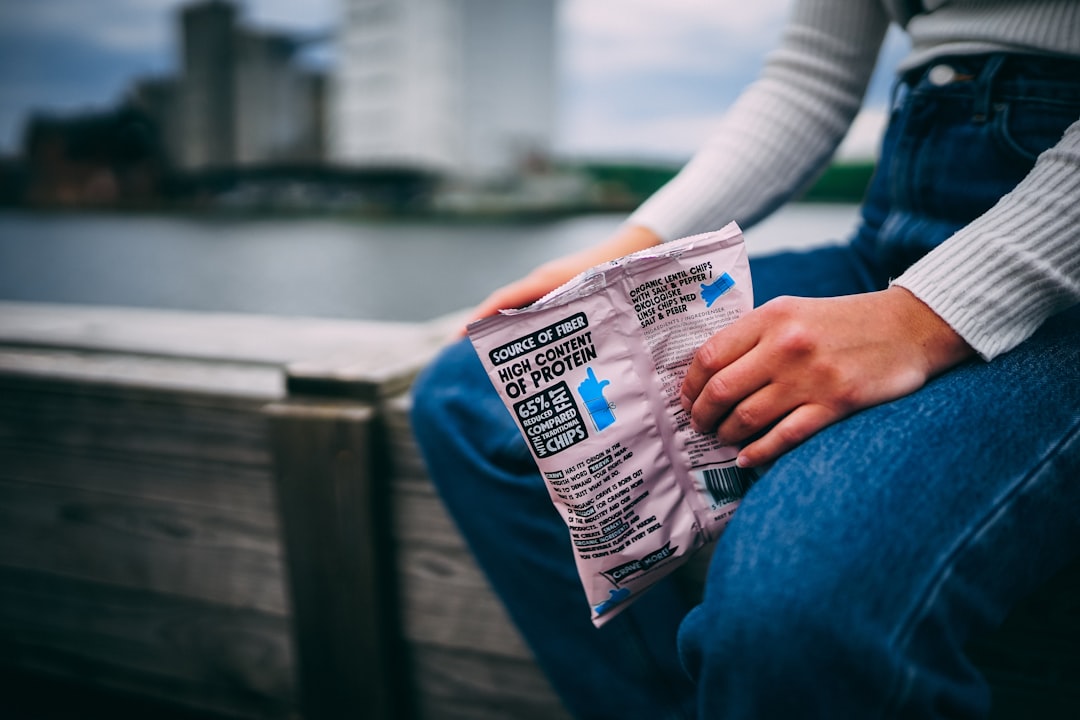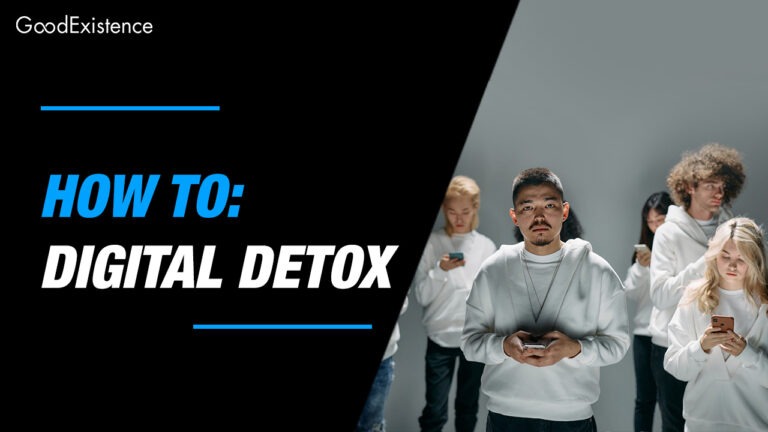
There’s that moment when you look down and realize the entire sleeve of cookies is gone, but you barely remember eating it.
We’ve all been there. Lost in a show, scrolling on our phones, or just stressed out from a long day, we reach for something to munch on. Before we know it, we’re surrounded by empty wrappers and a sense of regret. For me, this wasn't just a once-in-a-while habit. It was a cycle of binge eating that played a huge part in my unhealthy lifestyle. Learning to break free from mindless snacking was a critical step in losing over 110 pounds and reclaiming my health. It’s not about willpower. It’s about having a better plan.
If you’re tired of the snack-regret cycle, you’re in the right place. Here are 20 practical ways to stop mindless snacking and start eating with intention.
First, Figure Out Your Triggers
Before you can change the habit, you need to understand it. Snacking isn't just about hunger. It’s often about emotions, boredom, or simple routine.
- Identify the “Why.” For one week, try to notice why you’re reaching for a snack. Are you bored? Stressed? Tired? Lonely? Just seeing a pattern is the first step toward breaking it.
- Separate Hunger from Habit. Ask yourself a simple question: “Am I actually hungry, or do I just want to eat?” An easy test is to ask if you’d eat an apple. If the answer is yes, you’re probably hungry. If you only want chips or cookies, it’s likely a craving.
- Address the Real Need. If you’re eating because you’re stressed, food won't fix the stress. If you’re lonely, a bag of pretzels won't keep you company. Acknowledge the true feeling and find a better way to address it. Maybe that means calling a friend, stepping outside for fresh air, or spending a few minutes in prayer.
Change Your Kitchen Environment
Your environment has a huge impact on your habits. Make it easier to make good choices and harder to make poor ones.
- If You Don’t Buy It, You Can’t Eat It. This is the simplest rule of all. The battle is won or lost in the grocery store. Don’t bring tempting junk food into your home.
- Put Healthy Foods Front and Center. Keep a bowl of fresh fruit on the counter. Have pre-cut veggies and hummus at eye-level in the fridge. Make the healthy option the most convenient one.
- Hide the Temptations. If you do have treats in the house for family or special occasions, store them out of sight. Put them in an opaque container on a high shelf. Out of sight, out of mind.
- Never Eat Straight from the Bag or Box. This is a recipe for mindless overeating. Always put a single serving on a plate or in a bowl. This forces you to be conscious of how much you’re consuming.
- Declare the Kitchen “Closed.” Set a specific time in the evening when you’re done eating for the day. For me, it’s 8 PM. After that, the kitchen is closed. This helps prevent late-night snacking that’s almost always driven by habit, not hunger.
In-the-Moment Strategies
When a craving hits hard and fast, you need a plan of action. Here are a few things you can do right in that moment.
- Drink a Full Glass of Water. Thirst is often mistaken for hunger. Before you grab a snack, drink a big glass of water and wait 10 minutes. The craving might just disappear.
- Pause and Pray. This was a game-changer for me. When I feel an overwhelming urge to eat something I know my body doesn’t need, I stop. I take a moment and just say a short prayer. Something as simple as, “Lord, help me honor the body You’ve given me.” It creates a crucial pause, reconnects me with my deeper goals, and shifts my focus from the temporary craving to my faith.
- Change Your Location. If you’re sitting on the couch craving chips, get up. Go into another room. Step outside for a minute. Breaking your physical state can break your mental one.
- Brush Your Teeth. The clean, minty feeling in your mouth can signal to your brain that mealtime is over. Plus, food just doesn’t taste as good after you’ve brushed your teeth.
- Set a 15-Minute Timer. Tell yourself you can have the snack, but you have to wait 15 minutes first. Often, by the time the timer goes off, the intense craving has passed, and you can make a more rational choice.
Build a Stronger Foundation
Ultimately, avoiding mindless snacking is about building a lifestyle that doesn’t rely on it. These foundational habits make all the other tips easier.
- Eat Satisfying Meals. If you’re constantly snacking, you might not be eating enough at your actual meals. Make sure your breakfast, lunch, and dinner include a good source of protein, healthy fat, and fiber. These keep you full and satisfied for longer.
- Schedule Your Snacks. If you know you always get hungry around 3 PM, plan for it. Schedule a healthy snack like a handful of almonds, a Greek yogurt, or an apple with peanut butter. It’s no longer mindless if it’s part of your plan.
- Get Enough Sleep. When you’re sleep-deprived, your body produces more of the hunger hormone (ghrelin) and less of the fullness hormone (leptin). You’re literally wired to crave junk food. Prioritizing sleep is one of the best things you can do for your appetite.
- Don’t Eat While Distracted. Make a rule: no eating while watching TV, working, or scrolling on your phone. When you eat, just eat. Pay attention to your food. You’ll enjoy it more and feel more satisfied with less.
- Find a New Way to Unwind. If snacking is your go-to stress reliever, find a replacement. Maybe it’s listening to a great song, reading a chapter of a book, stretching for five minutes, or working on a hobby.
- Make It a Deliberate Treat. Completely forbidding your favorite foods can backfire. Instead, plan to have a treat intentionally. Choose one day a week to have a proper dessert or your favorite snack. Sit down, savor it, and enjoy it without guilt. It’s no longer mindless; it’s a planned indulgence.
- Connect with Your Purpose. This is the big one. When I was stuck in cycles of addiction, from gaming to binge eating, I lacked a deeper reason to change. My life felt directionless. Reconnecting with my Christian faith gave me a powerful "why." I started to see my body not as something to punish or indulge, but as a gift from God that I was called to steward well. When you have a purpose bigger than your cravings, making the right choice becomes a lot easier.
Breaking the habit of mindless snacking won’t happen overnight. It’s a process of building new, healthier routines one small step at a time. Don't feel like you need to do all 20 of these things at once.
Just pick one.
What is one small change you can commit to this week? Maybe it’s drinking a glass of water before a snack or putting your phone away while you eat. Start there. That single, small win can be the start of everything.





